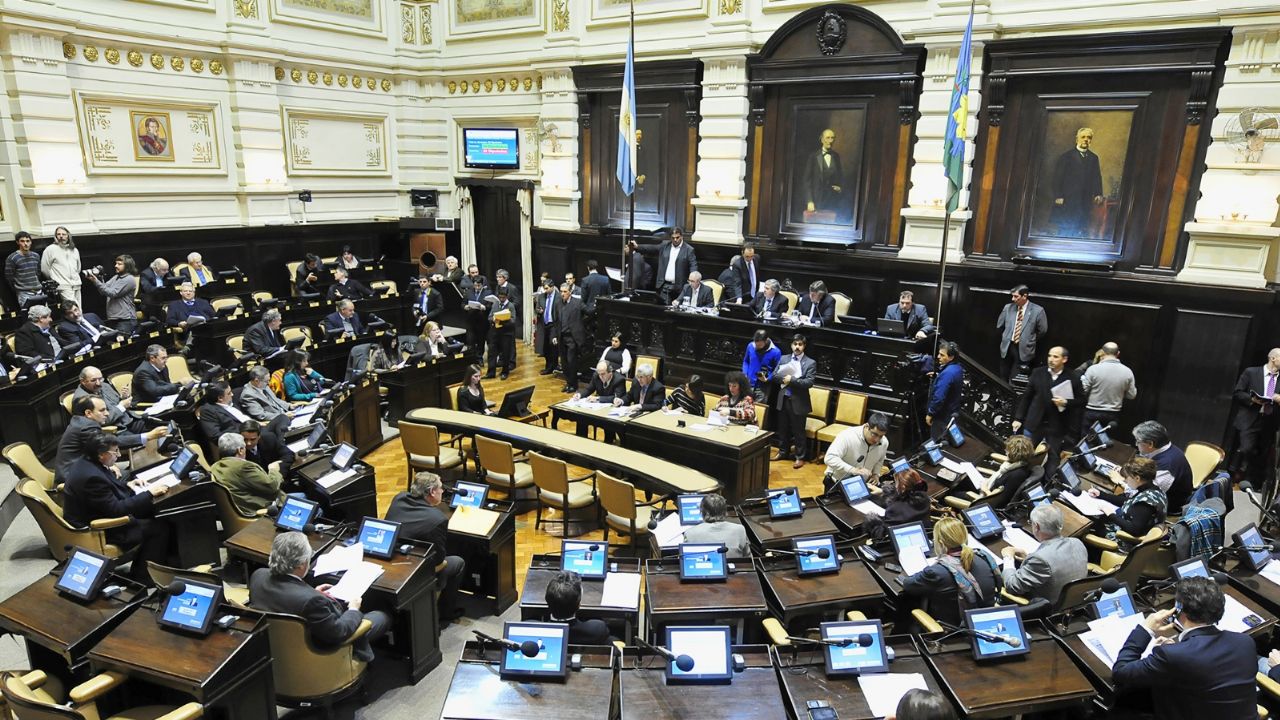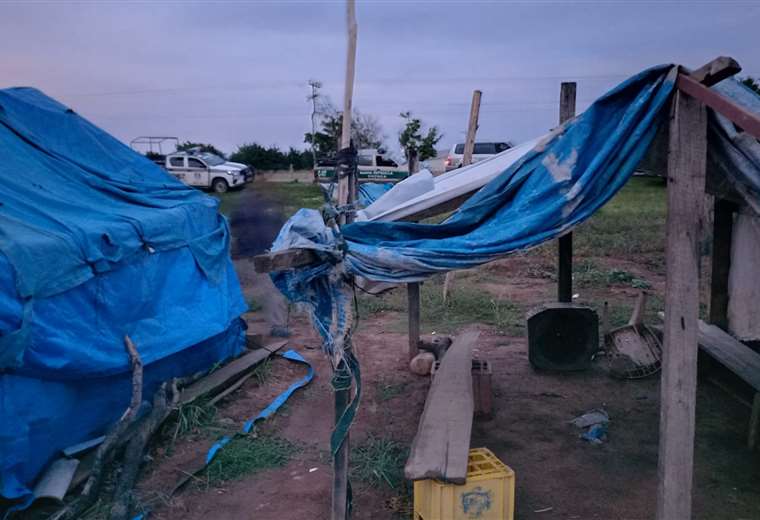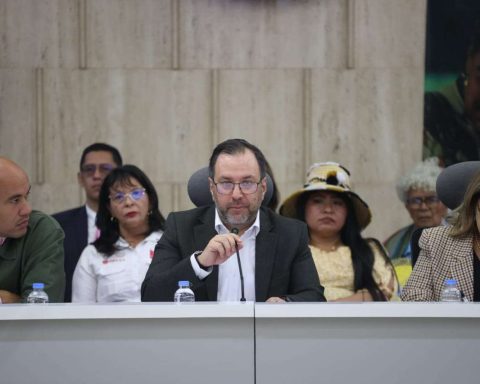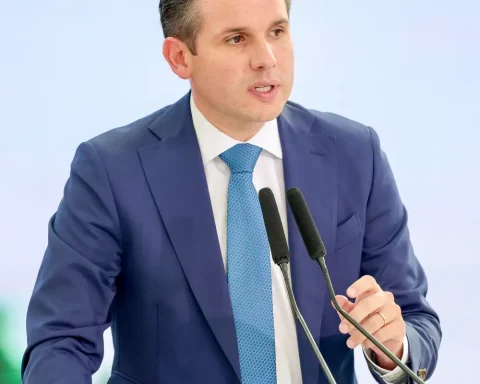After a long day of negotiations that began with delays at the beginning of the session, the Legislature of the province of Buenos Aires approved the Budget 2023 and the Tax Law.
The first Project that had been presented months ago by the Buenos Aires governor, Axel Kicillof, contemplates an expense of 6.9 trillion pesos for next year. The Budget 2023 He had the support of the opposition and the Frente de Todos.
In addition, the Budget 2023 forecasts a primary deficit of $81,000 million and a financial deficit of $249,000 million for the fiscal period of 2023also includes financing with international organizations in foreign currency and in local currency for $168,062 million.
According to statements by the Minister of Finance, Pablo López, to Télam, the proposal “bets on a present State that manages to close the gaps in terms of existing productive and social infrastructure, in addition to promoting the development process through an active productive policy, that promotes technological change and the generation of new jobs”.

In this way, $14,000 million will be allocated for production and employment; for social promotion $280,000 million; for infrastructure $550,000 million; for health $162,000 million; for education and culture $1,827 million; for security $62,000 million; for the gender perspective, almost $129,000 million, and for the environmental portfolio, almost $12,000 million.
First the proposal was approved in the Buenos Aires Chamber of Deputies and then passed to the Senate, where it also had the go-ahead. However, the main point of disagreement was the Municipal Infrastructure Fund (FIM), which was not stipulated in the project presented by the governor.

Within this framework, after several hours of negotiation, the number was set at $57.5 billion. To that will be added $2.5 billion as compensation for the delay of the FIM 2022.
What is the Tax Law?
The second normative that had the approval of legislators was the Tax Law, which provides for a lower tax burden for more than 90% of taxpayers.

In the case of the Real Estate Tax, both rural and urban, increases of less than 60% were established, while for the Automotive Tax the ceiling will be 40%. For its part, the Gross Income tax will be maintained for small and medium-sized companies benefiting from the differentiated rate, through the 95% increase in the maximum billing amount.
















